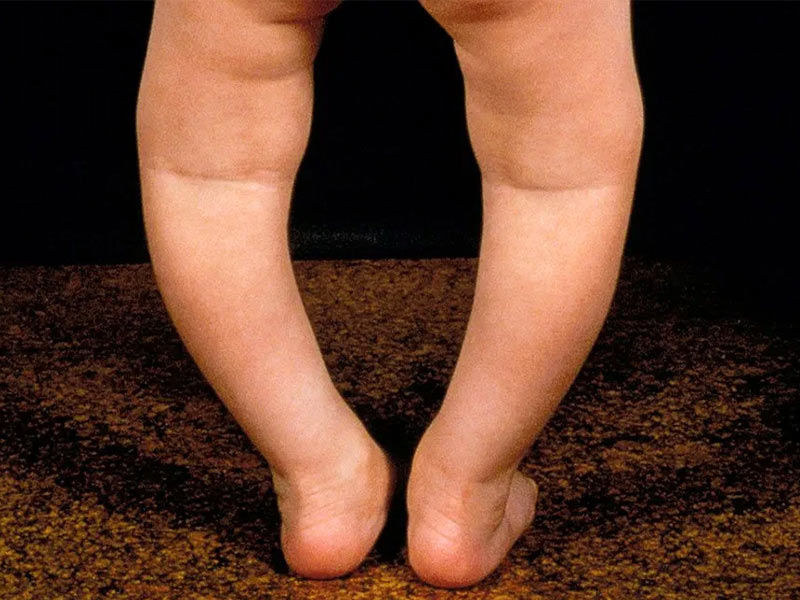When a child has rickets, their bones are abnormally soft, which makes them more prone to warping, bending, and breaking. Although a deficiency in vitamin D is usually the cause, an underlying genetic disorder can also be the cause in rare instances.
When a child has rickets, their bones are abnormally soft, which makes them more prone to warping, bending, and breaking.
Osteomalacia, an adult-onset similar condition, is not the same as rickets. The distinction between the two is that rickets only affects children because of their developing bones, which results in the typical symptom of bent or bowed bones.
Why does rickets occur?
The usual causes of rickets are poor nutrition or genetics.
The main cause of nutritional rickets is typically insufficient intake of vitamin D, which the body needs in order to absorb calcium. The following are a few reasons for this deficiency:
inadequate sun exposure, which inhibits your body’s ability to produce vitamin D on its own.

inadequate intake of vitamin D for your child. Vegetarian or vegan diets, lactose intolerance, or illnesses that restrict the amount of vitamin D your child’s body can absorb—like Crohn’s disease, celiac disease, cystic fibrosis, or ulcerative colitis—can all cause this.
How can rickets be identified?
The disease can be diagnosed in a few different ways. Your child’s paediatrician may request one or more of the following tests if they believe your child has rickets based on a physical examination or symptoms:
radiography.
blood examination.
Urine testing.
bone biopsies (rarely performed).
testing genetically (for hereditary rickets).
Is rickets curable?
Yes, if detected early enough, the majority of cases of rickets—especially nutritional rickets—are curable. Generally, dietary modifications, vitamin supplements, and increased sun exposure are sufficient to treat this illness.
Your paediatrician may suggest one or more of the following rickets treatments, depending on the severity of the case:
Diet changes
High dosages of vitamin D—from the diet or from supplements—are typically involved in this. Depending on the severity of the case and other variables, these doses may be administered for a number of months. The standard daily vitamin D supplement may also be recommended by your paediatrician once the higher doses are no longer necessary.
Also read: These Indian staple foods are banned abroad
sunlight

You’re probably encouraged to go outside and enjoy some sunshine because exposure to sunlight causes your body to naturally produce vitamin D.
surgery
Your child’s bones will usually realign themselves. Children who have particularly severe cases of bone bending may require braces to help straighten their bones. Surgery could also be an option in certain situations.

























